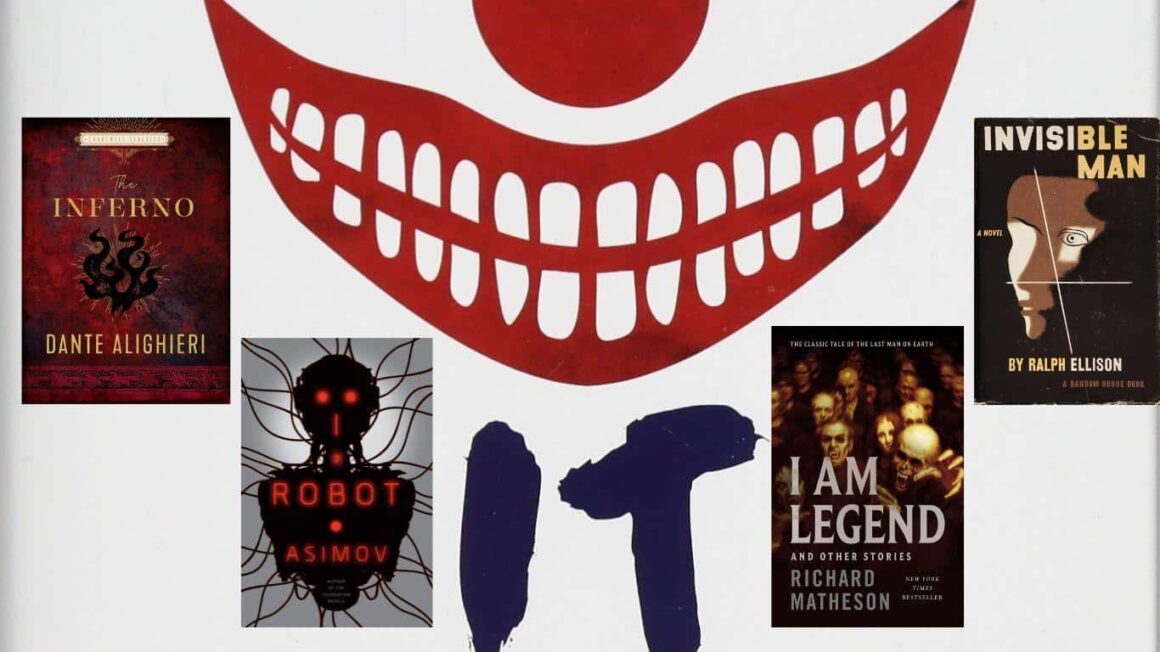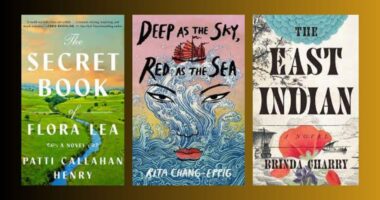Welcome, avid readers and literary enthusiasts! In our endless quest to discover and celebrate the wonders of the written word, we’re embarking on a delightful alphabetical journey. This time, we’ll be delving into the realm of titles beginning with the intriguing letter ‘I’. Presenting to you our curated list of “10 Must-Read Books Starting with Letter I.” These captivating novels and thought-provoking non-fiction works are bound to satisfy your literary cravings, expand your horizons, and leave you eager for more. So, without further ado, let’s dive into the enchanting world of ‘I’ and explore the treasures that await!
10 Must-Read Books Starting with Letter I | Title Beginning With ‘I’
“I, Robot” by Isaac Asimov
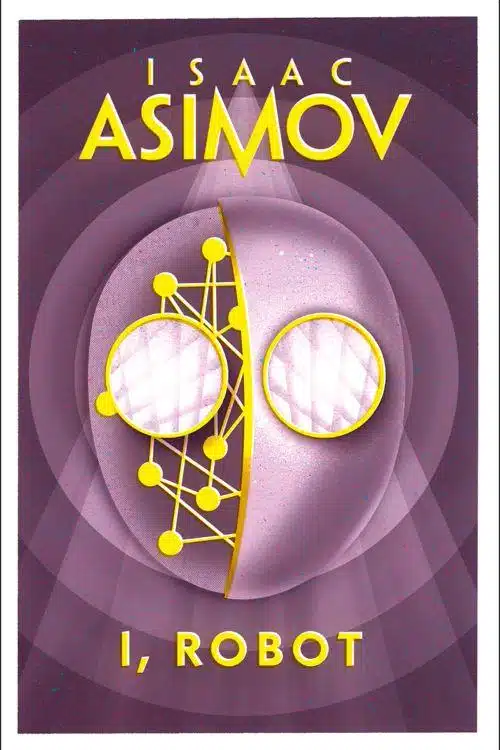
It is a groundbreaking science fiction collection by Isaac Asimov, published in 1950. The book consists of nine interconnected short Stories, exploring the complex relationship between humans and robots. Set in a future where robots are an integral part of society, the stories revolve around the implementation of the Three Laws of Robotics, designed to govern robot behavior and ensure their obedience. Asimov masterfully weaves together themes of ethics, artificial intelligence, and human nature, challenging readers to reflect on the potential consequences of creating sentient beings. “I, Robot” remains a seminal work in the genre, influencing generations of writers and thinkers.
“I Know Why the Caged Bird Sings” by Maya Angelou
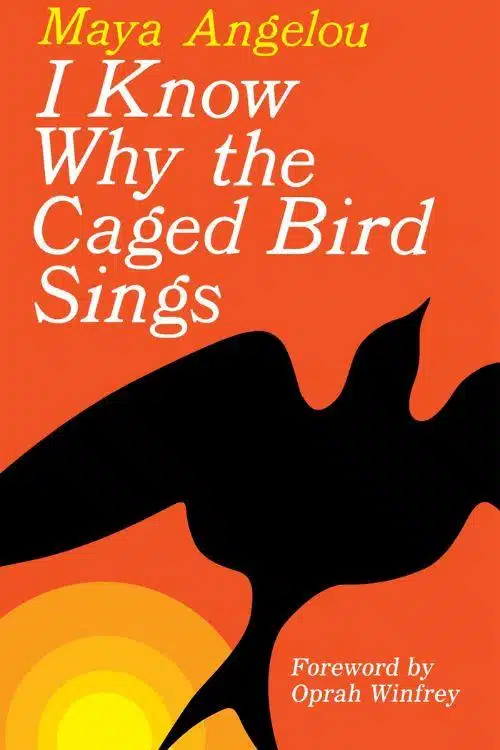
Maya Angelou explores the themes of identity, racism, and resilience in her book. Set in the American South during the 1930s and 1940s, the book chronicles Angelou’s early life and experiences of racial discrimination. Through lyrical prose, Angelou captures the struggles of a young black girl navigating a world of prejudice and adversity. She powerfully illustrates the importance of self-acceptance and inner strength in overcoming life’s challenges. The book’s evocative title alludes to the metaphor of a caged bird singing for freedom, a motif that resonates throughout Angelou’s gripping story.
“If Beale Street Could Talk” by James Baldwin
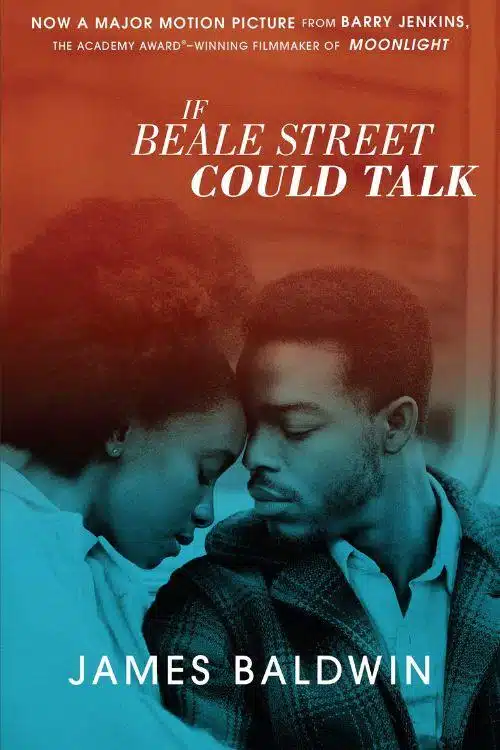
Author James Baldwin, explores love, injustice, and family dynamics in 1970s Harlem. Through the eyes of 19-year-old Tish, we witness her unwavering love for Fonny, her falsely imprisoned fiancé, and the challenges their families face in seeking justice. The novel illuminates systemic racism and its devastating impact on African American lives. Baldwin’s lyrical prose and vivid characterization craft a compelling narrative that underscores the importance of love and community in the face of adversity. This timeless tale resonates with readers today, reminding us of the enduring power of love and hope.
“Invisible Man” by Ralph Ellison
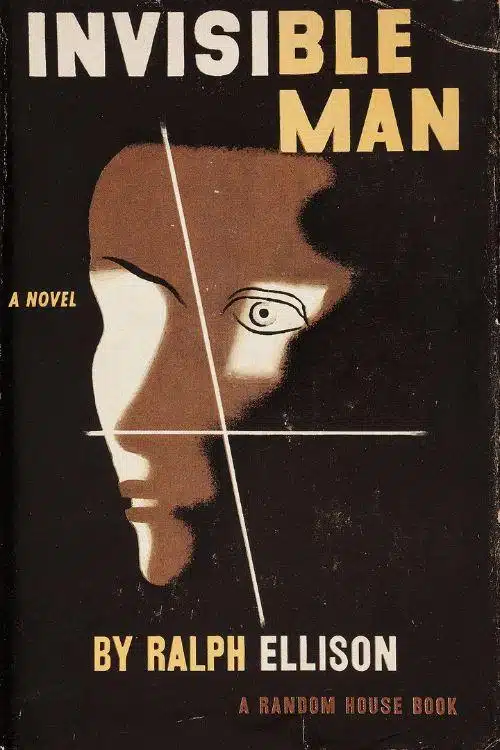
“Invisible Man” by Ralph Ellison is a seminal work of American literature published in 1952. The novel explores the protagonist’s journey as an African-American man experiencing invisibility due to racial prejudice in 20th-century America. This groundbreaking novel weaves a complex narrative, addressing themes of identity, race, and self-discovery. Through vivid imagery and symbolism, Ellison masterfully portrays the protagonist’s struggle for recognition and the oppressive weight of societal expectations. “Invisible Man” remains an enduring and thought-provoking examination of race, power, and the human condition, challenging readers to confront their own prejudices and the power structures that perpetuate them.
“Interpreter of Maladies” by Jhumpa Lahiri
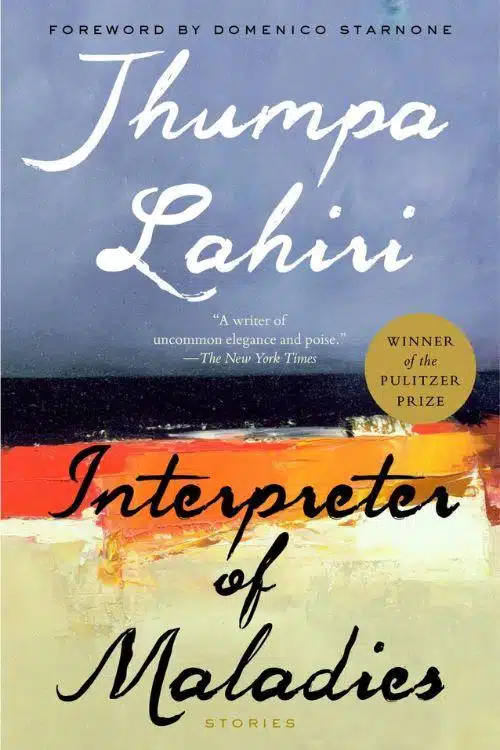
Published in 1999, the book delves into the complexities of human emotions, relationships, and cultural identity. Lahiri masterfully captures the lives of Indian immigrants and their American-born children, highlighting the challenges they face as they navigate two worlds. With vivid prose and empathetic storytelling, she explores themes of love, longing, and the search for belonging. Each tale in “Interpreter of Maladies” offers a nuanced perspective on the human experience, showcasing Lahiri’s exceptional ability to evoke powerful emotions in her readers.
“Into Thin Air” by Jon Krakauer
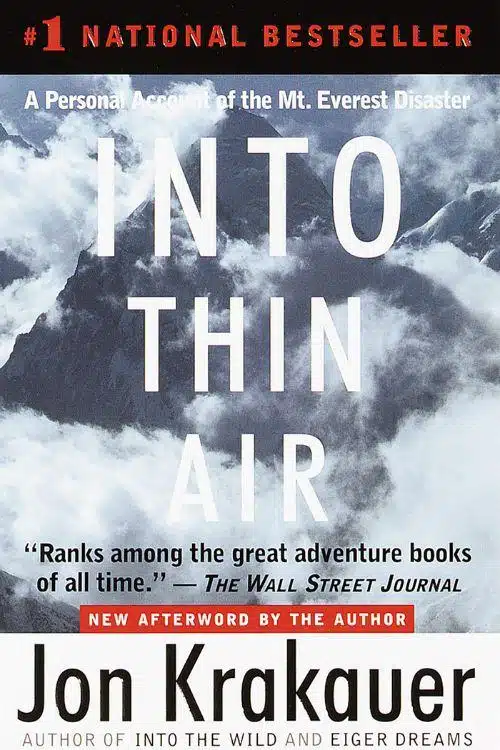
“Into Thin Air” is a gripping true story by Jon Krakauer, recounting the harrowing 1996 Mount Everest disaster. Krakauer, an experienced journalist and mountaineer, was part of a guided expedition when a deadly blizzard struck, leading to the tragic loss of several climbers. The book delves into the physical and psychological challenges faced by the climbers, the commercialization of Everest, and the complex human dynamics that shaped the events. This intense, first-hand account raises profound questions about the limits of ambition, personal responsibility, and the ethical implications of extreme adventure tourism. A powerful read that stays with you long after the last page.
“Into the Wild” by Jon Krakauer

It is a gripping, true story of Christopher McCandless, a young man who renounces society and embraces nature. Driven by a desire for adventure and disillusionment with materialism, McCandless embarks on a solo journey across America, ultimately reaching the Alaskan wilderness. Krakauer masterfully intertwines McCandless’s tale with personal anecdotes and insights, creating a vivid exploration of the allure of wildness and the human need for solitude. The book serves as both a cautionary tale and an ode to the human spirit, inspiring readers to question their values and find their own path in life.
“I Am Legend” by Richard Matheson
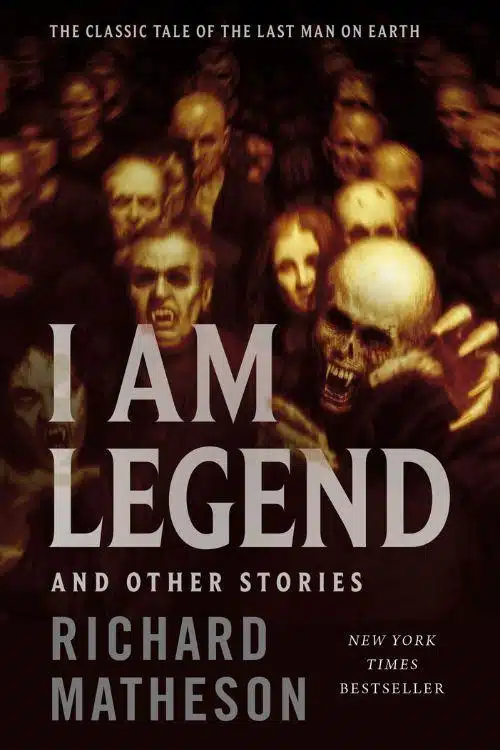
The story follows Robert Neville, the last human survivor in a post-apocalyptic world overrun by vampiric creatures resulting from a global pandemic. Neville’s struggle to maintain his sanity and search for a cure is juxtaposed with his growing isolation and desperation. The novel explores themes of loneliness, survival, and the human condition, while challenging the boundaries of the horror genre. Its haunting and thought-provoking narrative has inspired numerous adaptations and remains a seminal work that continues to influence modern dystopian fiction.
“Inferno” by Dante Alighieri
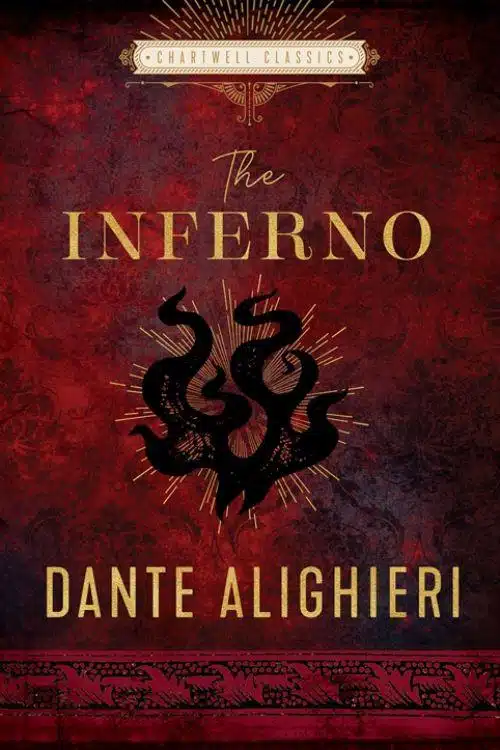
“Inferno,” the first part of Dante Alighieri’s 14th-century epic poem, “The Divine Comedy,” follows the journey of the protagonist, Dante, through the nine circles of Hell, guided by the ancient Roman poet Virgil. An allegory of the soul’s quest for redemption, “Inferno” explores themes of sin, punishment, and divine justice. Dante encounters historical and mythological figures, whose fates reveal moral lessons and the consequences of their earthly actions. Blending personal and political commentary, vivid imagery, and theological insight, “Inferno” remains a cornerstone of world literature, offering a powerful reflection on humanity’s ethical and spiritual struggles.
“It” by Stephen King
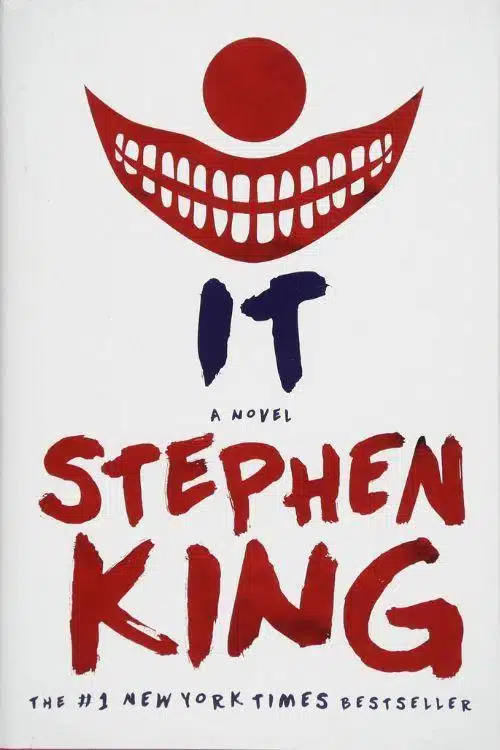
Stephen King’s “It” is a chilling horror novel that delves into the dark recesses of childhood fears and the power of friendship. The story revolves around a group of seven misfit children, known as the Losers Club, who confront the malevolent entity haunting their town of Derry, Maine. This shape-shifting being, commonly taking the form of the terrifying Pennywise the Dancing Clown, preys on its victims by exploiting their deepest fears. King expertly weaves themes of trauma, coming-of-age, and unity into this gripping narrative. A masterpiece of horror, “It” leaves readers questioning the true nature of evil and the strength of human bonds.
Also Read: 10 Most Anticipated Books in May 2023
